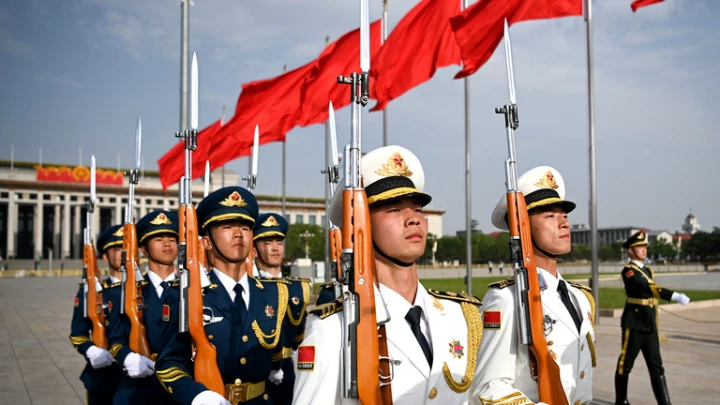COP29, the 29th UN annual conference on climate change, takes place in Baku, Azerbaijan from 11–22 November 2024.
Every COP conference is an important opportunity for international collaboration on climate change. COP29 will have a particular focus on how to make finance available to developing countries for climate action.
COP29 is already contentious, because Azerbaijan’s economy is highly dependent on fossil fuels, the main cause of climate change. That means that Azerbaijan’s government, which will preside over the summit, has a strong incentive to avoid rapid multilateral progress towards phasing out fossil fuels.
It’s urgent that progress is made at COP29. Climate action lags far behind both what has been promised by countries, and what scientists agree is needed. The impacts of climate change are also rapidly escalating, while backlash against government policies to reduce fossil fuel use is being seen in many places around the world.
What is a ‘COP’?
The ‘Conference of the Parties’ or ‘COP’ is an annual event that brings together the governments which have signed up to environmental action under the United Nations (UN).
Governments or ‘parties’ attend the climate change COP if they are part of the United Nations Framework Convention on Climate Change, or the international environmental treaties the Kyoto Protocol (1997) or the landmark and legally binding Paris Agreement (2015).
World leaders, ministers, and negotiators convene at the COP to negotiate and rubber stamp plans to jointly address climate change and its impacts.
Civil society, businesses, international organizations and the media normally ‘observe’ proceedings to bring transparency, accountability and wider perspectives to the process.
‘Mission 1.5°C’
COP28, the 2023 climate conference held in Dubai, was the first of three consecutive COP summits intended to ‘reset’ global climate action – what the UN calls the ‘Roadmap to Mission 1.5°C’ – the ambition to keep global temperatures from rising more than 1.5°C above pre-industrial levels.
To support continuity and progress across the three COPs, the UAE (COP28), Azerbaijan (COP29) and Brazil (COP30) have formed a COP presidential ‘Troika’ or group of three.
COP29 will be the third consecutive COP held in an authoritarian state, and the second consecutive COP hosted by a petro-state.
In 2023 the first ‘global stocktake’ of international action to address climate change indicated that the world was far off track for targets set by the Paris Agreement. The ‘UAE Consensus’ agreement, which formed the main output of COP28, set out how parties should respond.




